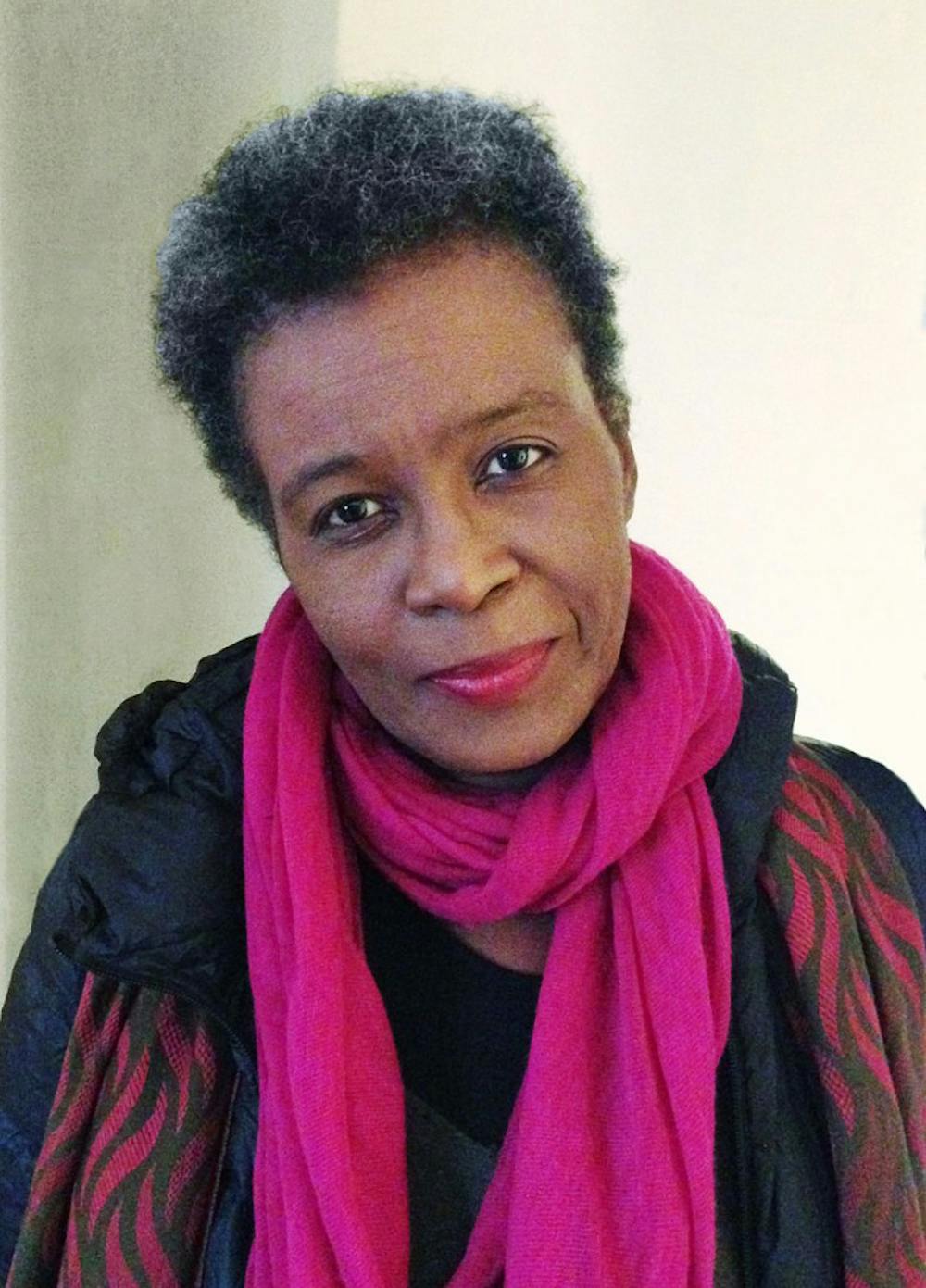This past Wednesday acclaimed poet, essayist, and playwright Claudia Rankine gave a lecture and presentation in the English faculty suite of Fisher–Bennett Hall. She primarily spoke about her new digital anthology, The Racial Imaginary Institute, which features pieces centered around the broad theme of “whiteness.” The website is a multi–platform space that seeks to democratize the art world.
“Every month the site adds and features new people, regardless of their background or training,” Rankine said.
These independent submissions take the form of a PechaKucha: a series of images or other media focused on a central theme. The site's PechaKucha focuses on the impact of whiteness, as an entity and identity, on society. Rankine showed a few examples during the presentation, ranging from Donald Trump to mass incarceration. The website expands on a part of the Speech/Acts exhibit in the Institute of Contemporary Art, which allows visitors to build their own art. The larger Speech/Acts exhibition runs until Dec. 23.
The website also features work by prominent artists that focus on the themes of race and power in America. These include Alexandra Bell, reporter for The New York Times, who has written extensively about the struggles of people of color. The site also features the artist Nate Lewis’s work on the treatment of black subjects at political events. He's taken photos from Trump rallies and the Republican National Convention that show crowds of white people heckling black protesters; he gradually cuts out the black figure to reveal black paper beneath the photo. The effect creates an intricate pattern of armor on his subjects, while simultaneously erasing their identities.
When asked why whiteness was the subject of this anthology, Rankine stated that, "whiteness has gained a new relevance of late and that the idea of a racial hierarchy is created and employed by those seeking to assert white dominance.” Society has an inbred preference for whiteness even among white people themselves. Rankine further cites the example of white women’s preference to dye their hair blonde as a sign of approval and to receive better treatment from society. Whiteness affects every aspect of our society and who it benefits. The topic is so relevant that Rankine and her associates are currently looking for a space in New York to curate an exhibit. It is likely that The Whitney Museum of American Art will have an exhibition on whiteness in the near future.

